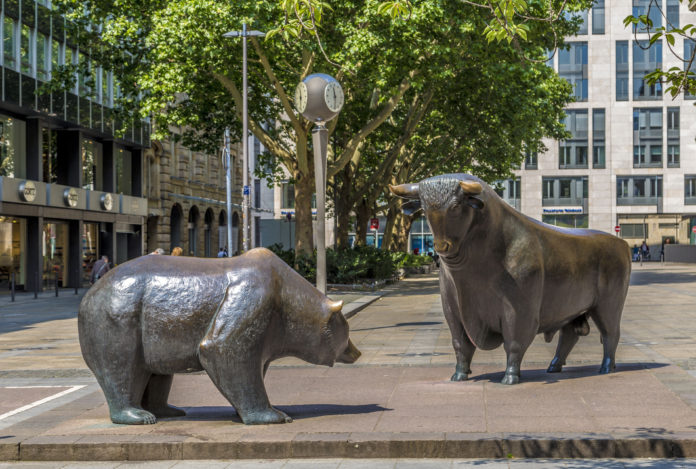Wednesday was the advent of Brexit, the day that Britain would leave the free trade bloc consisting of twenty-eight member nations. On that day, the EU decided against letting a merger between the London Stock Exchange (LSE) and the Deutsche Boerse Stock Exchange.
The LSE is the largest stock exchange market in Britain. The London-based firm is also the leading financial market in banking as well as in insurance in Europe. Deutsche Boerse is also the primary financial market Germany. The firm is based in Frankfurt, which is also where the headquarters of the European Central Bank is based. Furthermore, Deutsche Boerse is considered the ‘hub’ of German banking.
Put side by side, the LSE and Boerse are in fact peers. The proposed 21 billion-pound merger between the two firms had even promised to be a ‘merger of equals.’
So what made the EU vote against such a partnership when it promised to be beneficial?
The reasons for the European Union’s decision to block LSE and Boerse from becoming partners were delineated by the commission’s official in charge of ensuring competition within the bloc, Margrethe Vestager. She said, “Both the LSE and Boerse are leading markets, and in some cases, they are the only markets in that given sector. Merging the two firms would give rise to a de facto monopoly.”
Vestager added that the firms had not given any indication that they intended for the post-merger market in Europe would be competitive and as such, the deal could not be allowed to move forward.
Also, Vestager stated, the LSE had failed to adhere to a condition it was issued as part of the merger deal. The LSE was to sell its Italian revenue-earning wing that dealt with issuing bonds and debts. The LSE, however, defended its stance by saying that the sale of the division would have been ‘disproportionate’ to the income it would receive from the merger.
When the EU questioned how Euro-bonds would be cleared if the two merged, the response the firms gave was positive. LSE offered to sell its LHC branch based in Paris while Boerse was set to do the combined clearing for the new firm in Eurex. LHC is the London Clearing House.
Vestager made it clear that Brexit and the block were unrelated.
The EU was not the only factor to put a strain on the merger. There was also contention on the matter of the location of the new headquarters would be. One side argued London while the other wanted Frankfurt. This uncertainty could have stalled the deal even if not for the EU. Another sign that the deal was doomed was that German authorities had launched an investigation on the head of Boerse, who was supposed to lead the group after the merger.
The failed deal was the third attempt Deutsche Boerse and LSE had made at a merger. The first was in 2000 and the second in 2004.
The failure of the firms’ merger elicited interesting reactions. While the chairman of Boerse claimed that Europe had lost its chance in strengthening its global competitiveness, shares in both firms rose; Deutsche Boerse by 1%, LSE by 3%.




